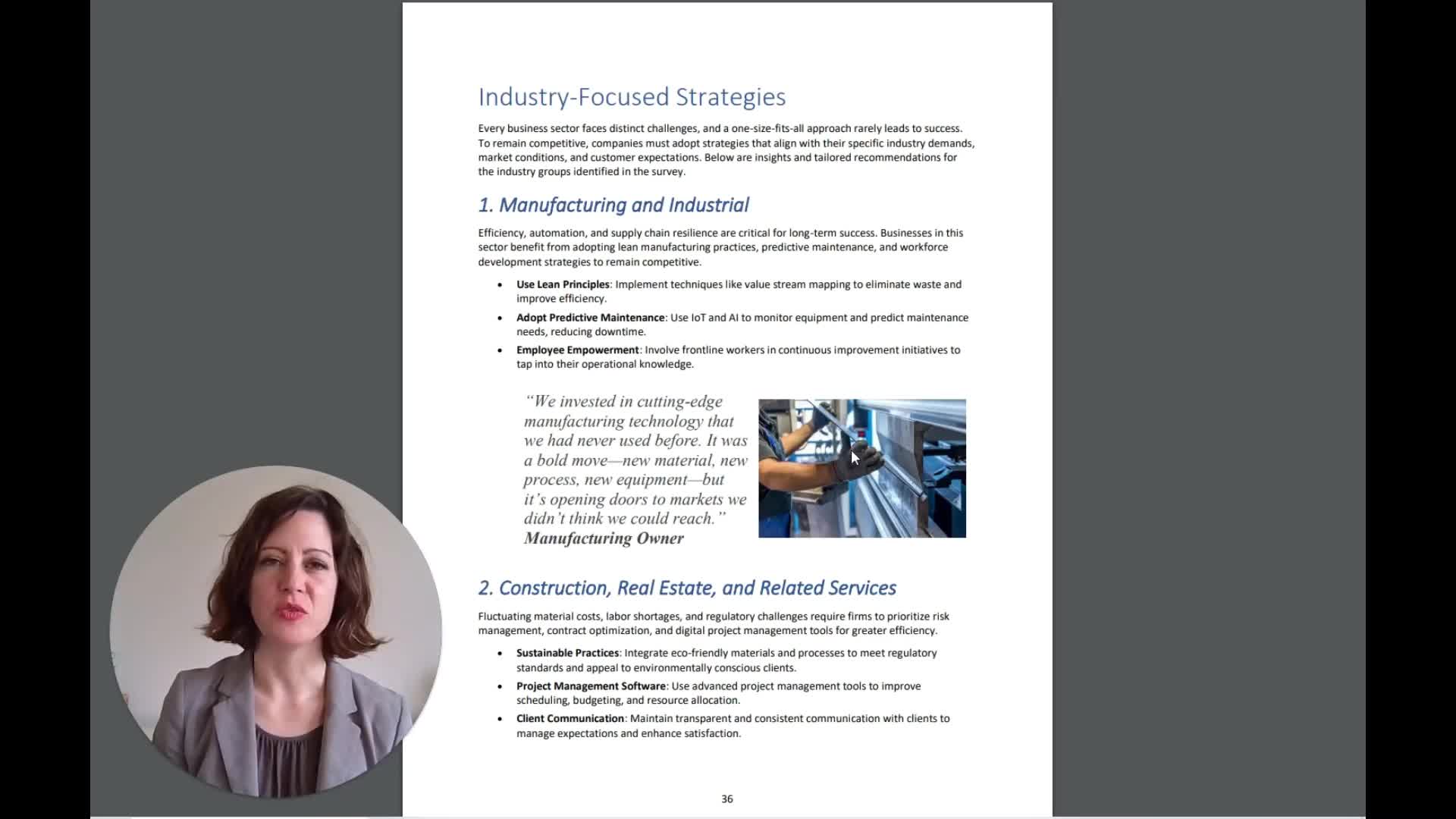AI Automation
AI automation is a transformative technology that integrates artificial intelligence (AI) into business automation processes, allowing organizations to handle complex, repetitive tasks with minimal human input. This advanced approach goes beyond traditional automation methods like robotic process automation (RPA), which typically focus on structured, rule-based tasks requiring extensive programming. Instead, AI automation employs sophisticated AI technologies, including machine learning, natural language processing (NLP), and computer vision, to effectively manage both structured and unstructured data. By adapting to new challenges and learning from ongoing experiences, AI automation is capable of executing end-to-end business processes rather than just simplifying individual tasks. The increasing importance of AI automation is mirrored in its widespread application across various sectors, such as healthcare, manufacturing, and finance. Recent advancements in no-code platforms have made it easier for organizations to replace legacy systems with more efficient, streamlined processes that enhance operational efficiency. Companies investing in AI automation can expect remarkable productivity increases, with many reporting ROI of 30% to 200% in the first year. Furthermore, the AI market's rapid growth, estimated at around $391 billion, underscores the urgency for businesses to adopt intelligent automation solutions. By integrating AI automation tools, companies can improve workflow accuracy, reduce operational costs, and even personalize customer experiences, signaling a new era of innovation and efficiency in business operations.
How is AI transforming the role of recruiters and what will they be able to focus on in the future?
AI is revolutionizing recruitment by automating administrative tasks that traditionally consumed recruiters' time. It's now handling candidate reports, initial sourcing, scheduling, and other backend administrative work. This technological shift allows recruiters to dedicate more time to relationship-building activities - having meaningful calls with candidates, conducting deeper industry conversations with leaders, and engaging in broader professional development like podcasts. Rather than being spread thin across multiple administrative functions, recruiters can return to focusing 5-6 hours daily on core recruiting and selling activities, creating more valuable human connections in the hiring process.
Watch clip answer (01:28m)What are the key challenges and strategies for success in the manufacturing industry?
In manufacturing, the biggest challenges include workforce shortages of qualified skilled workers, employee retention issues, and adapting to new technologies. For success, businesses should focus on efficiency, automation, and supply chain resilience. While pay is important for retention, workplace culture also matters greatly - employees need to feel appreciated and have flexible schedules. Lean manufacturing principles like value stream mapping and waste elimination remain crucial. Digital tools such as AI, Internet of Things, and predictive maintenance can help anticipate equipment needs and streamline operations. Companies must overcome resistance to change while creating supportive work environments that still maintain productivity.
Watch clip answer (03:52m)What are the key technology trends to watch in 2025?
The key technology trends for 2025 include generative AI, which is revolutionizing content creation, data analysis, and automation across industries. Quantum computing is advancing rapidly, with breakthroughs like Google's Willow chip solving complex problems in minutes instead of years, promising breakthroughs in medicine and science. Other important trends include AI-driven cybersecurity tools offering real-time threat detection, cloud computing with edge and hybrid solutions enhancing business flexibility, and the integration of IoT and AI creating smarter environments. Additionally, green energy innovations, robotics (including personal assistant and surgical robots), and personalized medicine tailored to individual genetic profiles are set to transform various sectors.
Watch clip answer (03:01m)What are the key factors driving the significant tech sector layoffs in 2025?
The significant tech sector layoffs in 2025 are driven by three key factors. First, the COVID-19 pandemic acted as a catalyst for automation, accelerating implementation of technologies that would have taken years to adopt normally, permanently reshaping employment models in high-risk sectors. Second, evolving demand elasticity in maturing tech markets has changed hiring dynamics. As companies like Meta, Alphabet, and Salesforce reached market saturation between 2020-2023, they began experiencing diminishing returns from new hires, leading them to prioritize protecting operating margins through workforce reductions. Third, increasing financialization in business decision-making has pushed companies to prioritize shareholder returns over social impact. This has resulted in staff cuts to improve financial ratios even in companies with healthy balance sheets.
Watch clip answer (02:44m)How does AI impact cybersecurity?
AI is a double-edged sword in cybersecurity. On one hand, it empowers defenders with advanced tools that analyze massive datasets at unprecedented speeds, detect threats in real time, identify malicious code with high accuracy, and automate incident response for more efficient handling of potential threats. This allows security teams to be more proactive rather than reactive. On the other hand, AI is also a powerful tool for attackers, enabling them to create sophisticated malware capable of adapting and evolving to bypass security measures. AI-powered attacks can generate convincing phishing attempts that trick even cautious individuals and spread disinformation at alarming rates. This dual nature makes AI both revolutionary for defense while simultaneously creating new vulnerabilities organizations must address.
Watch clip answer (01:44m)What are the ethical implications of AI surveillance by 2025?
By 2025, AI surveillance systems will be deployed globally by governments and corporations, raising significant ethical questions about privacy and civil liberties. These sophisticated systems enable predictive policing and real-time tracking of individuals across vast areas, with China already implementing large-scale AI surveillance networks while other countries explore similar technologies. While AI surveillance can enhance security, its potential for misuse has sparked global debates about regulation and privacy rights. As these systems continue to expand, public discourse will increasingly focus on balancing safety with individual freedoms, making AI surveillance one of the most critical and controversial technological issues facing society.
Watch clip answer (00:54m)




